Interview with Kate Masschelein — From Belgium to the Bay
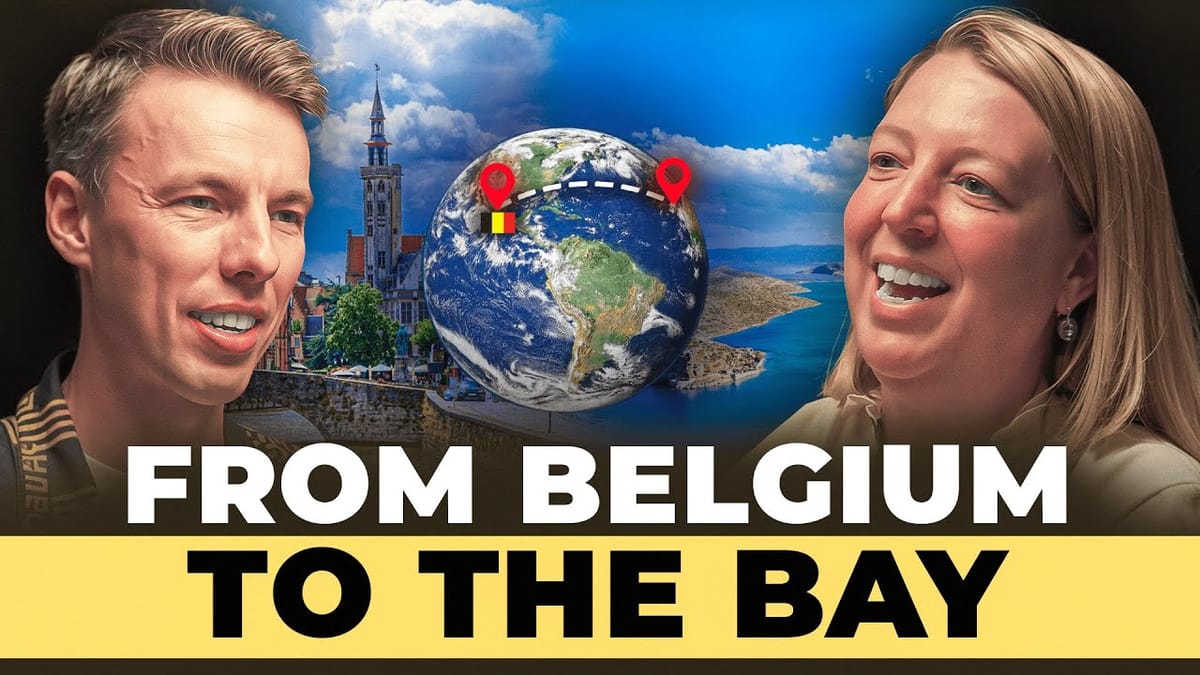
This conversation originally appeared on the Immigrant Boost Club channel hosted by Sergey Konovalov. I’m Kate Masschelein — Belgian-born, global executive leader turned executive leadership coach — and in this interview I share the ups and downs of moving across countries, building a corporate career at Procter & Gamble and Johnson & Johnson, and the way those experiences shaped my transition to full-time coaching in the Bay Area.
Background & the decision to move
Can you briefly introduce yourself and tell us how you first came to the United States?
I grew up in Belgium and left at 26. After four years at Procter & Gamble in Belgium, I realized getting an international job from Belgium was difficult back then. I decided to return to school — Thunderbird School of Global Management — to make an international career possible. I arrived in Arizona (Glendale) in August 2001 for the program.

What drew you to the U.S. in the first place?
Growing up in Europe, I was exposed to American pop culture — Beverly Hills 90210, the appeal of innovation from companies like Apple and Microsoft — and it felt like a place where anything could be possible. There was curiosity about what else was out there beyond Belgium, a small country where you can cross a border in an hour. I wanted to live and be immersed in different cultures, not just travel.
Expectation vs. reality
What surprised you when you moved from student life to professional life in the U.S.?
Life as a student felt very different — fewer responsibilities, a lot of flexibility. As a professional, things change: you face written and unwritten corporate rules, culture differences, and workplace norms that might not be obvious at first. For example, in many U.S. corporate settings I learned it’s often avoided to talk about politics, religion, money or sex at work — something that was less of a taboo in European workplaces.
How did corporate relocation support help you settle in?
The company gave practical support that made relocation smoother: a liaison to take me to the DMV and Social Security office, help opening a bank account, temporary housing, a rental car, and cross-cultural training. I resisted at first — I thought I already knew American culture — but that training revealed assumptions I’d made and was hugely valuable. If your company offers cross-cultural or relocation support, take it.

Cultural fit and low points
Were there moments when you wanted to give up?
Yes. One of the most difficult times wasn’t in the U.S. It was when I moved from Edinburgh to France — a painful mismatch between my personality and that country culture. I cried every day for the first six months. I like driving change and action, and in that situation I repeatedly heard “no, we can’t do that” or “we’ve never done it.” The cultural misfit was brutal until I learned to adapt.
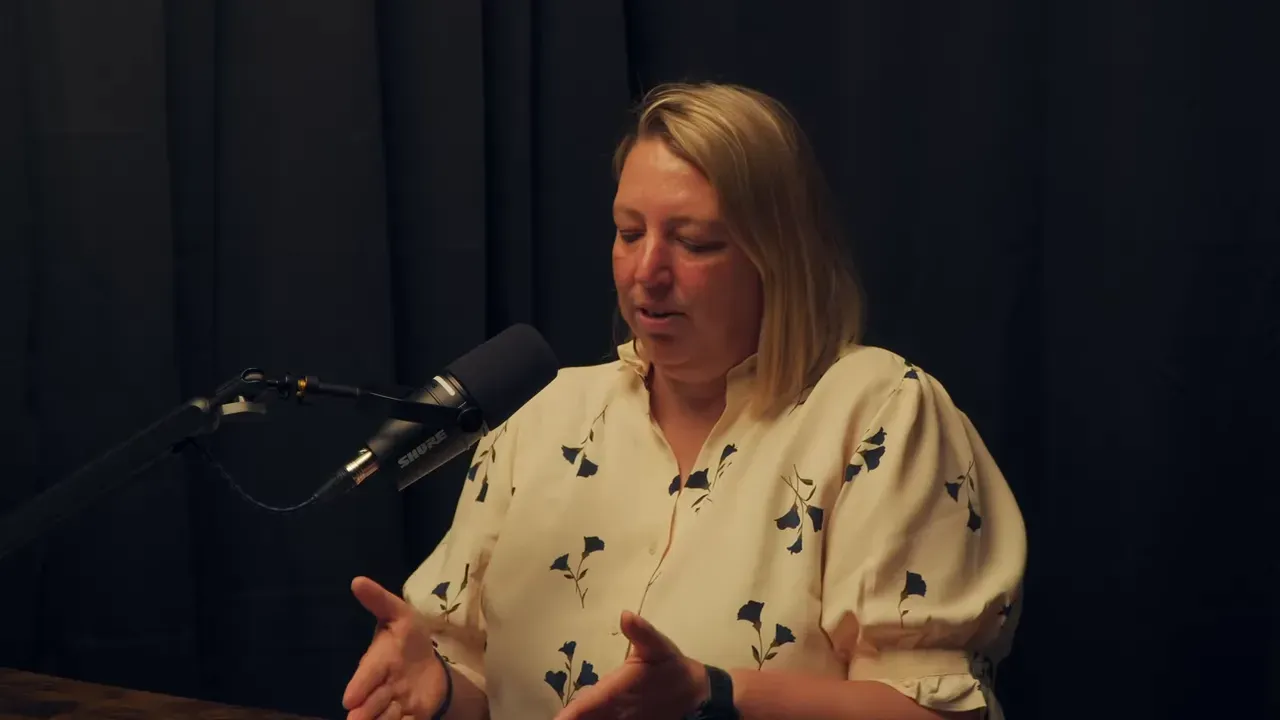
How do you manage the emotional waves of entrepreneurship and transitions?
Being an entrepreneur and starting my own coaching practice has brought extremes: weeks with multiple new clients, then quieter weeks. I learned to regulate my emotional highs and lows — celebrating wins without over-exuberance and not catastrophizing quiet periods. Consistent execution matters; the highs make the lows worthwhile.
Corporate career lessons: performance, image, exposure
What practical advice would you give to someone navigating a corporate career in the U.S.?
Learn the P-I-E principle: Performance, Image, Exposure. Early in your career, performance dominates — deliver results. As you climb, image (executive presence, communication, presentation) becomes more critical. Then exposure — being seen by the right people and getting the right projects — becomes vital. As a foreigner, the unwritten rules can be opaque; find a mentor inside the company to help you understand the culture and consider a sponsor who will advocate for you during talent discussions.
From corporate to coaching
How did you decide to leave Johnson & Johnson and start coaching full-time?
I left in July 2024 after 21 years in corporate life. I took a three-month reset that included a month of farm and garden work (a practical retreat from 15-hour slide-driven days) and time to recover from burnout. That reset helped me reflect on what lights me up: I love helping others, asking questions, listening deeply, and creating clarity. Coaching felt like a natural full-time next step.
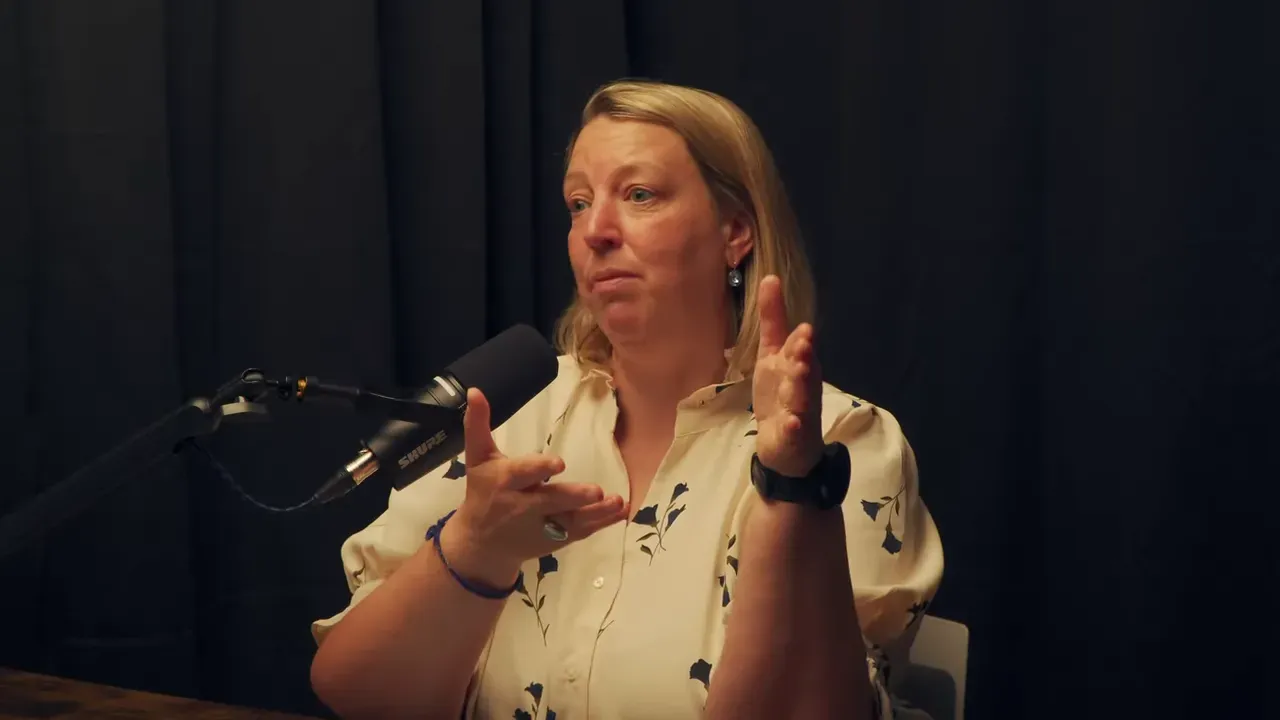
What did that reset teach you?
It revealed how exhausted I was and allowed me to reassemble physically and emotionally. It made space to ask: how do I want to spend the next phase of my life? That clarity led to coaching — integrating business experience with mindfulness and resilience work.
Life in the Bay, staying connected to home
How do you balance British, Belgian and American influences in daily life?
My husband is British and we’re based in San Francisco with two cats. We stay connected to family by traveling back to Belgium and the UK and hosting family here. Food brings home closer — for us that means shipping British sausages from a specialty maker and bringing back childhood favorites when we travel. We also integrate into American life: hiking, celebrating the Fourth of July, watching the Super Bowl — that helps us feel at home in the Bay Area.
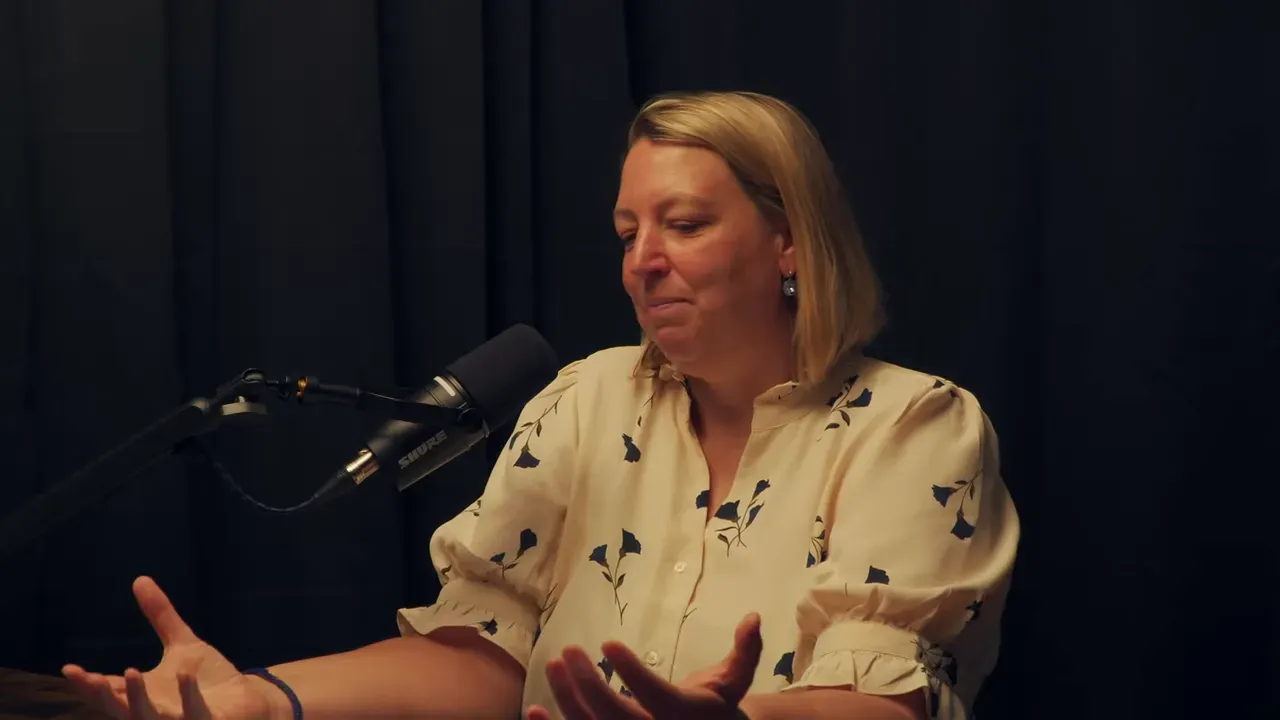
What’s the biggest myth you’ve found about the American Dream?
The myth is that if you work hard you can achieve anything. In reality, circumstances matter: race, socioeconomic background, education, neighborhood, and wealth create advantages or obstacles. Hard work helps, but it’s not the whole story. There are real systemic differences in who gets opportunities. That said, America’s entrepreneurial spirit and tolerance for failure make it a fertile environment for experimentation and reinvention.
Advice for immigrants and professionals
What practical advice would you give to someone considering relocation to the U.S.?
First, if your company offers cross-cultural or relocation training, accept it. Second, pick your location thoughtfully — different states and regions have different industry hotspots (e.g., Bay Area for tech/entrepreneurship, North Carolina for biotech). Third, invest in building community: take time to make friends, learn the history of your neighborhood, and integrate socially. Travel within the U.S. — the national parks and local geography offer endless experiences. Finally, avoid over-consuming political news: be informed, but don’t let it dominate your emotional energy during transition.
How important is family support during relocation?
Critical. If you relocate as a family, the happiness and stability of your partner and children will affect your ability to integrate and perform. If a spouse can’t work (due to visa restrictions), it can be very difficult — find ways to connect and build purpose (community groups, volunteering, pets, hobbies) to avoid isolation.
Proudest moments and citizenship
What has been your proudest moment in recent years?
Becoming a U.S. citizen in June last year. After years of green card processes and waiting, the swearing-in felt like a milestone: a symbolic gift and a responsibility. We celebrated with friends, and it felt like recognition of the long journey we’d made.
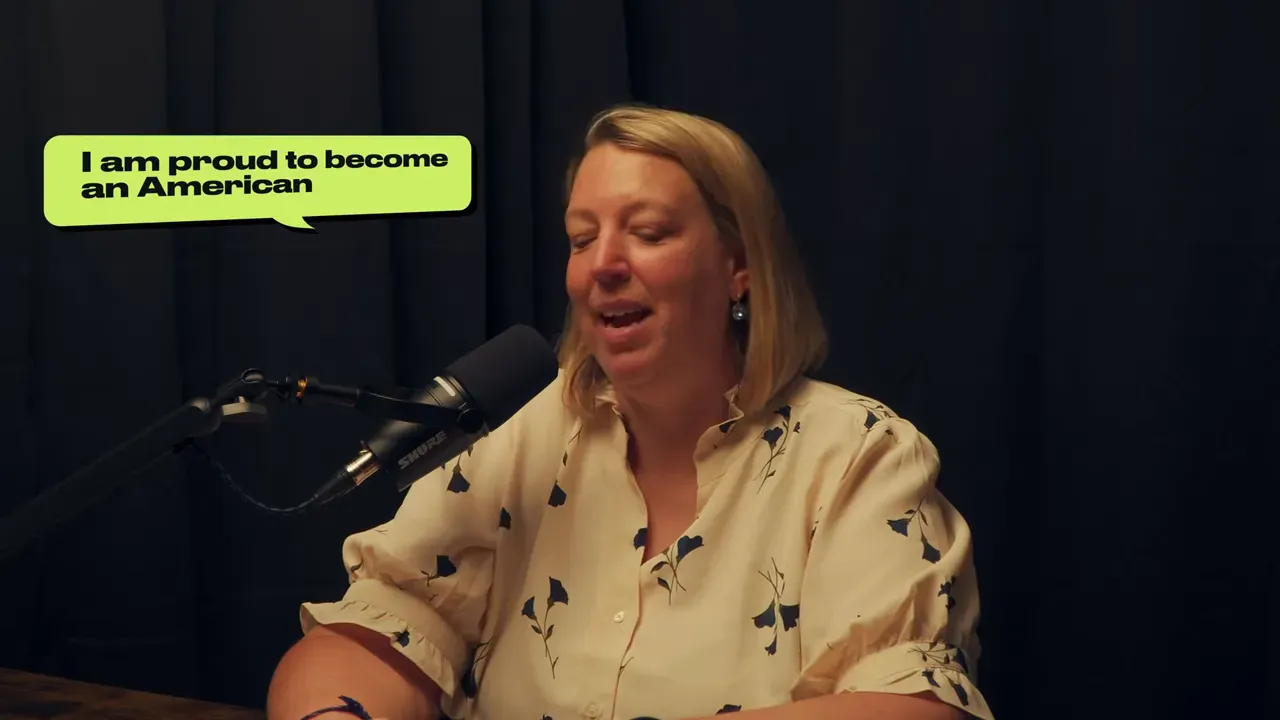
AI, coaching, and the future
Will AI replace coaches or companions?
I use ChatGPT daily for quick answers — it’s often impressively helpful. For coaching, AI can support and augment (draft questions, offer perspectives), but there’s a human element that’s hard to replicate: the deep listening, presence, and relational nuance you get when someone sits across from you, makes eye contact, and holds space. In the future, hybrid models (avatars or digital twins that reflect a coach’s approach) may become more common, but AI outputs must be handled with care — LLMs can produce confident-sounding but biased or inaccurate answers, especially outside the user’s area of expertise.

Final thoughts
If you could give one piece of advice to your 26-year-old self, what would it be?
Take time to make friends — they are the fastest route to feeling at home. Learn about your neighborhood and its history. Travel the country while you can. And balance staying informed with protecting your emotional energy from excessive political news.
Any closing reflections?
Every move, job, and cultural clash taught me something about resilience, identity, and what lights me up. If you’re navigating a transition — immigration, career pivot, or entrepreneurship — be curious, find mentors and sponsors, invest in relationships, and give yourself space to reset and reflect. The journey is often hard, but the wins and the people you meet make it worth it.

About the interviewer and episode
If you found these insights valuable, seek out cross-cultural training, look for mentors and sponsors in your workplace, and consider whether a reset might give you the clarity you need to make your next move.




